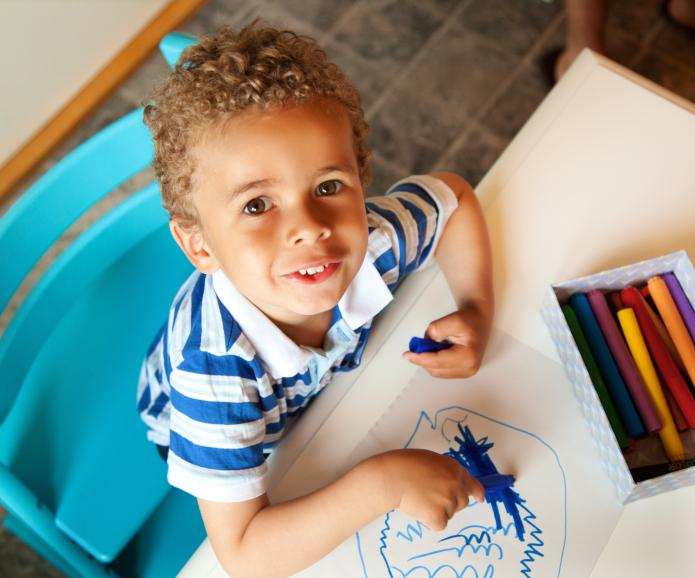
Kidney disease in children

- Medically reviewed by
- AKF's Medical Advisory Committee
- Last updated
- February 4, 2022

Causes of kidney disease in children
Children often develop kidney disease for different reasons than adults do.

Stages of kidney disease in children
Kidney disease in children is diagnosed the same way it is in adults. A urine test, blood test, imaging test, or kidney biopsy can help determine if something is wrong with the kidneys.

Complications of kidney disease in children
When a child has kidney disease, the kidneys do not filter waste from their body in the way that healthy kidneys do. Toxins and wastes can build up in the blood leading to complications.

Treatments for kidney failure in children
As with adults, there are treatments that can allow children with kidney disease to live long, healthy lives.

Kidney transplant in children
Kidney transplant is considered the best treatment option for kidney failure in both adults and children. Having a kidney transplant means your child does not need dialysis. If possible, it is better for a child to have a transplant instead of starting dialysis. Dialysis is a time-consuming process that puts stress on the entire body.
Pediatric support groups and resources
American Association of Kidney Patients
American Association of Kidney Patients
Renal Support Network
American Society of Transplantation
Nemours KidsHealth Website
Nephkids
Pediatric Assistance Fund
United Network for Organ Sharing
U.S. Social Security Administration

